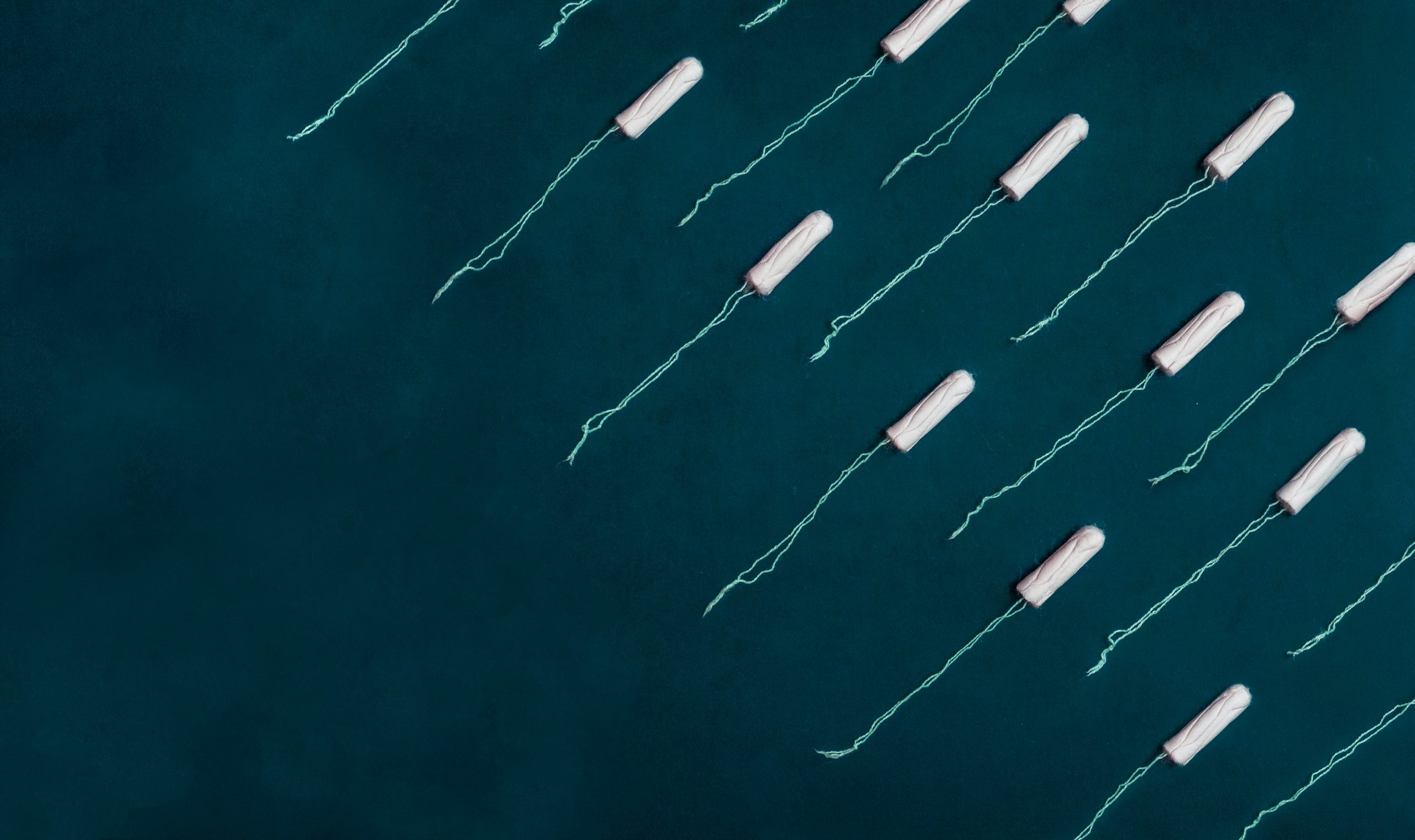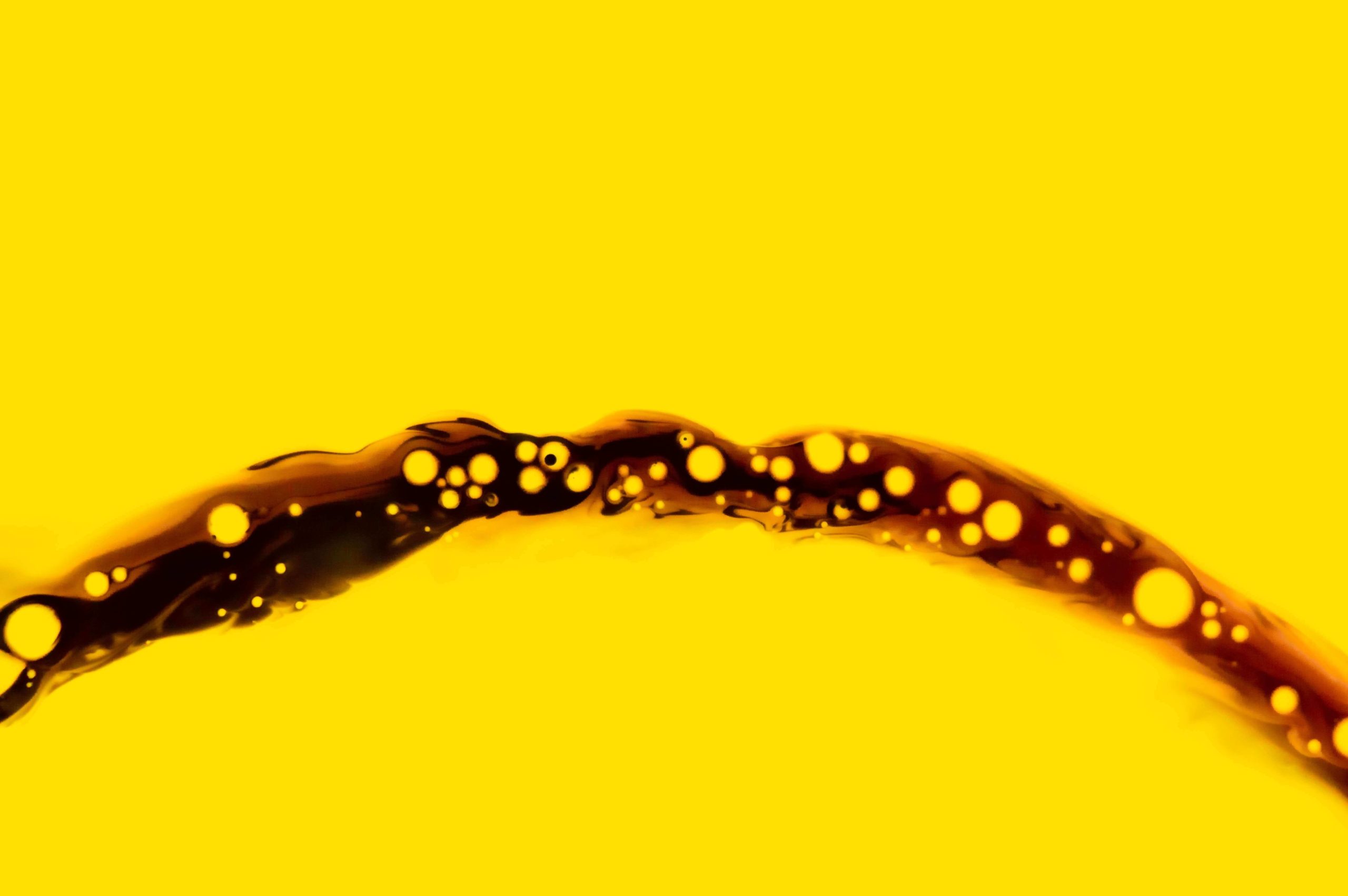
ALL ABOUT MASTURBATING

Pam Rutherford
Allbodies Author
If you’ve never masturbated before, don’t feel too hot about it, or your current routine leaves something to be desired, this article is for you! We’re talking all about masturbating.
Masturbating is the safest form of sex because there’s no risk of pregnancy or contracting STIs/STDs as long as you aren’t sharing toys or body fluids with someone else. But it’s so much more than just a safety measure, it can also be a form of resistance! It’s time for giving yourself pleasure to come out of the shadows as taboo or shameful. Pleasure is your right, and masturbation has a deserving spot in self care routines, regardless of your relationship status.
Masturbating 101
If shame or stigma are holding you back, it’s important to know that masturbation is a completely normal and healthy part of sexuality. Still, if you’re experiencing triggers, body dysmorphia, or the thought of it makes you feel more yuck than yum, consider talking to a mental health professional.
Masturbating is a great way to tune into your body, make friends with your genitals, and explore what turns you on (or off)! The benefits to some serious “me time” include:
- Reducing stress and helping you to feel calmer thanks to the feel good hormone, oxytocin (3).
- Better sleep quality. The hormone prolactin, which is released when you orgasm, can make you feel sleepy and help you drift off. For ovary-owners, estrogen is released, leading to longer REM cycles and deeper sleep (3).
- Relieve or reduce pain from things like period cramps, back pain, and headaches, no pain killers needed! Endorphins are responsible for this one (3)
As if you needed one more reason to masturbate, you’re more likely to orgasm with a partner and communicate what you like if you spend some time doing self-exploration and getting to know your body (2). Just like there’s no right or wrong way to have partnered sex, the same is true for masturbating. With that in mind, whether it’s your first time masturbating or you want to elevate your next solo sex session…
Familiarize yourself with your anatomy. Using a mirror, check out what is going on down there and admire how incredible it is! If you’ve a vulva-bearer, locate your clitoris (which is WAY bigger than you think).
The biggest sex organ is your brain, so give it some love too. Try meditating, journaling or a calming ritual like a hot bath or shower before you get started, especially if you’re feeling anxious, stressed, or just all over the place. Creating a sense of relaxation or calm is important because stressors interrupt the part of the brain that says “it’s time to get it on” with “this is a threat” and can actually decrease pleasure (4).
Set the scene. If you have extra time to devote to your self care, make masturbation a date with yourself. Lighting some candles or incense, turning on sexy music, putting on lingerie, or just cleaning your room take a little extra effort but all can go a long way to elevate the moment. If that’s not appealing, ask yourself “what would I want a partner to do for me?” and do it for yourself! Why? This can help to create a context for arousal, which tells your deep down subconscious brain “it’s safe to have sex and feel pleasure (4).”
Gather your “tools.” Introducing a new toy to your routine is a fantastic way to level up your pleasure. Vibrators and dildos are faithful to us, but don’t be afraid to step out of your comfort zone. Some oils or lubes, blindfolds, and even bondage rope could lead to exciting revelations. If you’re curious about anal pleasure, there are education kits out there that you can use, which is a great way to get started. Whether you’re using your hands or a toy, we highly recommend using lube. Pleasure is THAT much better with lube, plus it prevents irritation and tearing. More on that below!
Exploring ethical porn, erotic stories, or auditory porn are great options if you’re wanting more than your fantasies or thoughts to guide you!
Masturbating for women*
In a study conducted by researchers at Indiana University, of 2,091 adults’ sexual behavior, 40.8% of women* sampled had masturbated in the last month… while 21.8% of women reported having never masturbated in their lifetime (5). And that’s just the people who felt comfortable telling the truth. This study shows us that many vagina-havers masturbate (so you’re totally normal!)…but is also telling that so many report having never. In another study by The University of Chicago, only 38% of women* said they’d masturbated at all during the past year, whereas for men, 61% reported masturbating. (10)
Additional info: this study also looked at masturbation amongst races. White people were the most enthusiastic masturbators. African-Americans, Asian-Americans, and Pacific Islanders reported less masturbation. (10)
Whether these studies are actually representative of behavioral patterns, or moreso a representation of who is more willing to truthfully report their behavior, we don’t know. But either way, it says something about who believes they are “supposed to” or “allowed to” pleasure themselves.
And this is a shame because many of us vagina-havers were culturally raised to believe that penetration is king. And while penetration is often pleasurable for many folks, most vulva-bearers need some form of clitoral stimulation to orgasm. In fact 80-90% of women* who masturbate do so with little or no vaginal penetration (4).” That’s because the inside of the vagina has far fewer nerves close to the surface, while the glans of the clitoris, or tip you can see above the vulva, has 8,000.
Is there a right way to masturbate?
The real question is, how many different ways can I try masturbating?! Because there are so many! Really, anything goes! To stimulate the clitoris, fingers can work just fine. Vibrators, on the other hand (or should we say in the other hand?), provide intense stimulation, and about half of women* use them at least at some point in their lives (5). Don’t believe the lies that an orgasm or arousal from a vibe is any less than without. There is no “natural,” right, or wrong way to feel good. Whether it’s humping a pillow, getting down with your fingers, or using techie toys, you are doing you and that’s what’s important. 😉
Bleeding After Masturbating
Masturbation itself should not cause bleeding, unless tearing or trauma of some kind has occurred in the process, or you have your period. (Masturbating doesn’t cause your period to come, your period may just be the reason you see blood after masturbating).
If you do see some bleeding, and it’s not your period, here are some things it may be linked to. We share this list not to scare you, but just as a starting place for you to have an intelligent convo with your provider if needed!
Friction
Anything that causes friction, like sex toys and not having enough lubrication, can lead to lacerations, or small tears on the surface of your skin, especially the more delicate mucosal tissue that is your vulva, vagina, or rectum. Tears open the skin barrier, making you more susceptible to infections, including sexually transmitted infections/sexually transmitted diseases (STIs/STDs) if you’re having partnered sex. You might not notice the friction in the moment, so lube is helpful for keeping things slippery and tear-free. If you’re doing butt stuff, it’s extra important to use lube because anuses don’t self lubricate like vulvas.
Speaking of STIs/STDs, bleeding after masturbating can also be a symptom of an STI like herpes simplex virus or syphilis (7). If you haven’t been tested for STIs/STDs recently or since your last partner, it’s a good idea to book an appointment anyways, or nowadays you can also order an at-home kit, and test yourself from the comfort of your home. We’re always #TeamGetTested.
Other infections, growths and not so fun stuff...
In some cases, bleeding can be a sign of other types of infections, like cervicitis (an inflamed cervix), or vaginitis (inflamed vagina) (7). Cervical polyps, or small non-cancerous growths on the cervix, can also cause bleeding, as can cervical cancer and endometriosis, a chronic condition where uterine tissue grows outside of the uterus (7,8,9).
Your Cycle
It is possible to bleed during ovulation, spot before your period, or bleed if implantation has occurred (aka you’re pregnant). If you are on birth control, this may also cause bleeding throughout your cycle. Bottom line? If you notice bleeding and you’re not sure why you’re bleeding, check in with your provider just in case! Trust your intuition.
*language used in study
Medically reviewed by: Aisha Wagner, MD. Family Physician with fellowships focusing on contraception and abortion advocacy
All content found on this Website, including: text, images, audio, or other formats, was created for informational purposes only. The Content is not intended to be a substitute for professional medical advice, diagnosis, or treatment. Always seek the advice of your physician or other qualified health provider with any questions you may have regarding a medical condition
1. “Is Masturbation Good For You? Benefits of Masturbation.” Planned Parenthood. Planned Parenthood , n.d. https://www.plannedparenthood.org/learn/teens/sex/masturbation/masturbation-good-you.
2. Holliday, Sarah Brynn. “Pleasure as Resistance.” Formidable Femme, October 7, 2017. https://formidablefemme.com/2017/10/07/pleasure-resistance/.
3. “Is Sex Helping or Hurting Sleep.” Sleep.org. National Sleep Foundation, n.d. https://www.sleep.org/articles/does-sex-affect-sleep/.
4. Nagoski, Emily. Come as You Are: the Surprising New Science That Will Transform Your Sex Life. New York: Simon & Schuster Paperbacks, 2015.
5. Herbenick, Debby, Michael Reece, Vanessa Schick, Stephanie A. Sanders, Brian Dodge, and J. Dennis Fortenberry. “Sexual Behavior in the United States: Results from a National Probability Sample of Men and Women Ages 14–94.” The Journal of Sexual Medicine 7 (October 4, 2010): 255–65. https://doi.org/10.1111/j.1743-6109.2010.02012.x.
6. Kendall. “Will Masturbating Make My Period Come Early?” Planned Parenthood, April 11, 2013. https://www.plannedparenthood.org/learn/teens/ask-experts/will-masturbating-make-my-period-come-early.
7. Tarney, Christopher M, and Jasmine Han. “Postcoital Bleeding: a Review on Etiology, Diagnosis, and Management.” Obstetrics and gynecology international. Hindawi Publishing Corporation, June 17, 2014. https://www.ncbi.nlm.nih.gov/pmc/articles/PMC4086375/.
8. “Cervical Polyps.” Harvard Health, February 2019. https://www.health.harvard.edu/a_to_z/cervical-polyps-a-to-z.
9. Shapley, Mark, Joanne Jordan, and Peter R. Croft. 2006. A Systematic Review of Postcoital Bleeding and Risk of Cervical Cancer. Vol. 56. England: Royal College of General Practitioners.
10. “How Common Is Masturbation, Really?” Psychology Today. Sussex Publishers, n.d. https://www.psychologytoday.com/us/blog/all-about-sex/200903/how-common-is-masturbation-really.




